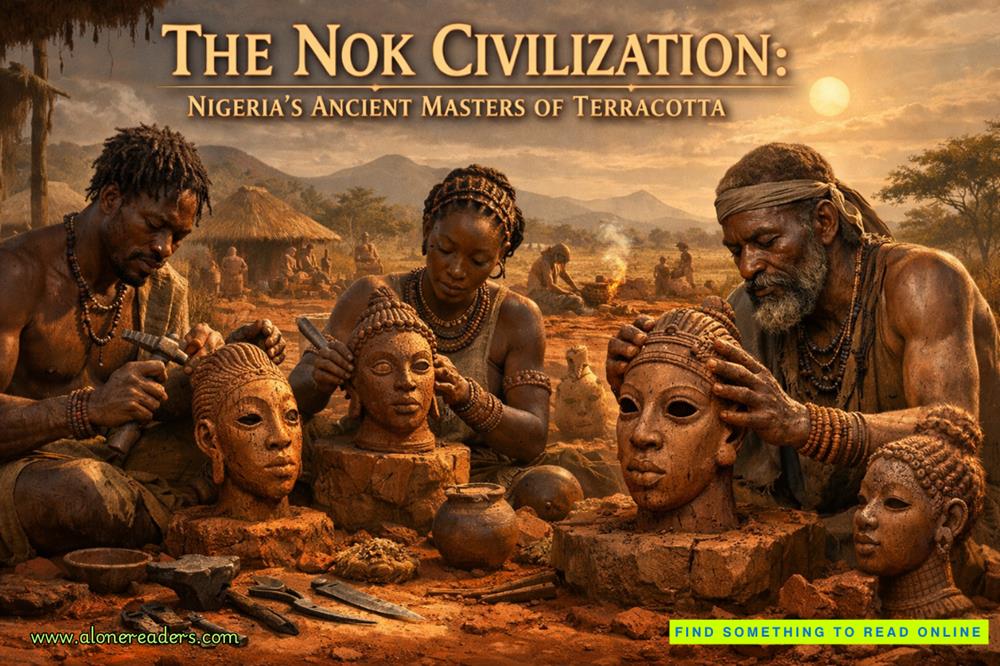They fell back into silence as they approached the street. Matthew frowned; she’d led him to a plain hackney whose driver waited with a disinterested look. The hour was late, and he felt uneasy handing her off. Where was her groom, her carriage? It didn’t seem right.
“If you’d be so kind.” She let go of him and indicated the hack with a nod of her head.
“Are you sure?” Matthew asked, glancing up at the driver, who ignored him in favor of staring impassively at the street before him. “It feels a bit strange, if you’ll forgive me,” he said, before adding, “My lady.”
“Pah,” she scoffed, waving her hand. “He knows what to do. I’ve already paid him to wait.”
“To wait?” he repeated, feeling there must be something he was missing.
“Darling lamb,” she jested as she settled in, “do not press me further. Only never speak a word of it, and I shall consider you forgiven.”
“Forgiven?” Matthew’s voice turned up slightly in confusion.
“Why, for crashing into me with that hulking form of yours.” She arched a brow. “After all, you did nearly knock me over.”
Lady Caplin gave Matthew one last look before turning to face forward. Then the cabbie cracked his whip, and she was off without a backward glance. Left in the hackney’s wake, holdall in hand, Matthew did the only proper thing when, having had one’s romantic hopes dashed, one had very nearly humiliated themselves before a highborn lady with whom one shared the most tenuous of acquaintances.
He headed for his club.
The Transom Club, insipidly named for the narrow window above its front door, lacked creativity in every aspect. The rooms were a jumble, the meetings inane, and the hall porters lackadaisical, even abandoning their posts on occasion. Members tended toward the elderly, professional men who’d been young forty years prior when the club was founded following a particularly rousing game of pall-mall. Perhaps it was only natural, then, that the furnishings were as worn as the members, the wallpapers dated and tacky, and the club’s funds spent on ridiculous amenities no one utilized like a room with a hired piano, rather than any sort of modernization effort.
On occasion, he’d dined at the Reform Club as the guest of his friend Marcus Hartley, MP for Knockton and club member. Matthew had gaped at the spectacular marble façade and the plush velvet chairs and sofas; some in red, others green, and the rest blue. And mirrors everywhere, upon every wall, creating the illusion of infinity, invitations to look inward and reflect upon oneself. When Matthew had offered this observation to Hartley,the MP had dismissed him with a chuckle.“Don’t dwell on it overmuch, Collier—it’s just a building.”
But clubs were more than mere buildings to Dr. Matthew Collier. When he’d arrived in London as a lad, eager to begin his apprenticeship at St. Thomas’ Hospital, he found the city to be everything he’d dreamed of as a lonely boy mired in Wolverhampton. Not long afterward, he found himself trekking westward from Southwark, crossing the river so that he might gaze upon the architectural wonders of London’s clublands. They waited behind tall gates, stately and elegant, signifiers of the heights that might be reached if one truly applied oneself. Or inherited something of sufficient value.
What great men might reside within, or take their leisure there? What ideas must be shared, what lofty topics debated?
“Sparlings again, eh?” Mr. Benjamin Mordaunt, an aging journalist with an opinion on everything, groused as he stabbed at the three small, silvery fish set before him. “What I’d give for a saddle of mutton now and then.”
Matthew silently looked back to his own plate; nearly every meal in the dining room was accompanied by an airing of culinary grievances, no matter who one’s companions were.
“We had snipe pudding just yesterday, Collier. You missed out; lovely bit of a treat there. And roasted well, not dry in the least!”
The diner to Matthew’s left had joined in. Mr. Ian Hudgill, a stooped, rheumatic Scotsman, claimed the title of the club’s eldest and most enigmatic member. To hear others tell it, he’d rented a room within since time immemorial, and had never answered a single question about his origins or former occupation.
“What? Those nasty little birds, a treat? Food for the dogs, more like!” Mordaunt threw his napkin upon the table. “What kind of man consumes a creature whole, guts and all?”
“Aye, a gentleman,” Hudgill said, raising his bushy brows enough that one could actually see the beady eyes underneath. “Of course, I’d expect you to know naught of game and shooting. Why, I’d wager you’ve never set foot outside the confines of this dratted city, let alone hold a rifle the proper way. Too busy with those fiddly little metal letters, you and your lot are.”
“I’m a journalist, Hudgill, not a damned compositor! I don’t set the bloody type!” Mordaunt brought his fist down atop his discarded napkin, the flatware on the table clanging loudly. “And you damn well know it, too!” He leaned forward as if to push up from the tabletop, his face red.
“Gentlemen!” Matthew sputtered, one arm extended before Mordaunt. “Mind the bylaws, please!”
Mordaunt sat back in a huff.
“That’s it, Mordaunt, easy now. Don’t want to get our doctor miffed; giant that he is, he’d lay you out in one blow!” Hudgill crowed, earning himself a censorious glare from the newspaperman.
Perhaps it was a testament to the length of both Hudgill and Mordaunt’s tenures as members, or the frequency with which they butted heads, but the other diners scarcely paid the scuffle any mind; the lilting chatter about the rest of the room continued without interruption.
Matthew shook his head sadly at the last half-eaten fish of his meal.
Suddenly the overwhelming sorrow returned, along with the dry thickening of his throat. Had he wed Harriet years ago, he would not be here, eating such mean fare with such dispiriting company. Harriet would keep a neat house and a tolerable menu every night, in consultation with their cook. In this private fantasy, Matthew saw himself finishing up the day’s work, then leaving his study and crossing the hall to his own supper, in hisown home, with his own wife, kind and smiling. And perhaps a son at one chair, and a daughter as well…
It was a beautiful picture. And forever out of reach, whether the wife was Harriet or not. The pain of it gave him no quarter.
Matthew held no illusions about himself. He was forty, reserved, and his social standing might as well be non-existent, for all it amounted to.
“Where were you off to anyway, Doctor?” Hudgill said, interrupting his doleful daydream. “Rare that you leave us in the springtime.”















